Usually, these policies increase in value and can be utilised for a variety of reasons. Examine an insurance policy's internal fees and rates of return before making a purchase.
Price
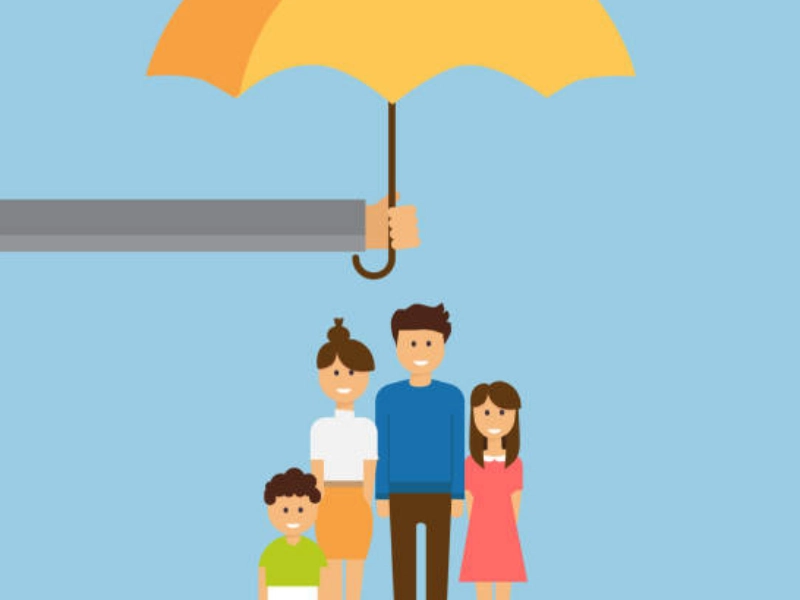
The benefits of child life insurance are numerous. It offers a death benefit that is guaranteed to start. It also provides a tax-free option for future savings. Thirdly, it enables you to guarantee cheap premium rates that won't go up as the policyholder gets older.
It also provides a means of securing life insurance coverage for children in the event of illness or other circumstances that would render obtaining life insurance as an adult prohibitively expensive or challenging. For instance, this policy would give your son or daughter the same coverage if they started a risky pastime like scuba diving or developed a medical condition.
These insurances usually provide the bare minimum coverage, such as $50,000. The parent, grandparent, or legal guardian is responsible for paying them until the child reaches specific ages, like 18 or 21. After that, they can either assume control of the policy or give it up. Some policies give them early access to the cash value component, which they can use for other purposes like paying for their first home down payment or college tuition.
Reportage

In comparison to other investments, child life insurance may yield a lower rate of return. However, it comes with a long-term premium payment commitment and the opportunity to obtain additional coverage and assistance with final expenses. If the insured fails to pay the premium, the insurance may lapse and become expensive.
If the premiums are paid, most kid policies are whole-life products, which means they provide coverage for the entirety of a person's life. Generally speaking, their modest death benefits are $50,000 or less, while some insurers have greater caps.
When buying child coverage, you should choose an insurance provider with a strong track record and an outstanding financial rating. Working with a certified financial advisor who can guide you through your options and help you select the best insurance for your family is crucial.
Taxes
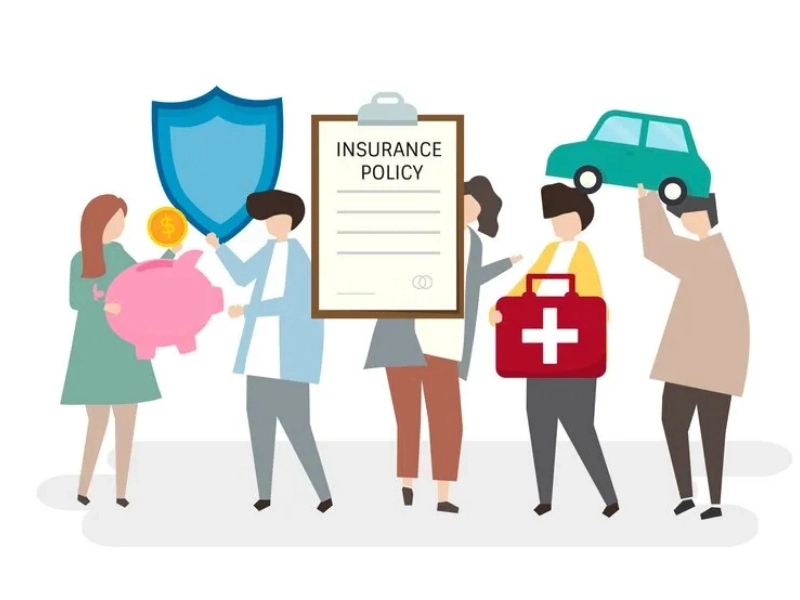
Child life insurance has tax implications, even though it provides a means to safeguard your child's financial future. For the purposes of the low asset restrictions for these programmes, for instance, these assets are counted if the insurance owner is a minor or receives means-tested government benefits like Medicaid and SSI. If your family requires these services in the future, this could lead to issues. A competent financial counsellor should be consulted before you buy insurance for a child.
Another issue is that children are less likely to die young and require a death benefit; in these situations, it could be wiser to use the policy's cash value for alternative assets that yield higher returns. Furthermore, families may find it impractical to continue paying premiums on a child's permanent whole life insurance coverage for the duration of their lives.
An independent credit rating company like AM Best should rate the financial strength of a quality kid life insurance policy. This proves that the insurer will still be able to pay claims in several decades.
Value in cash
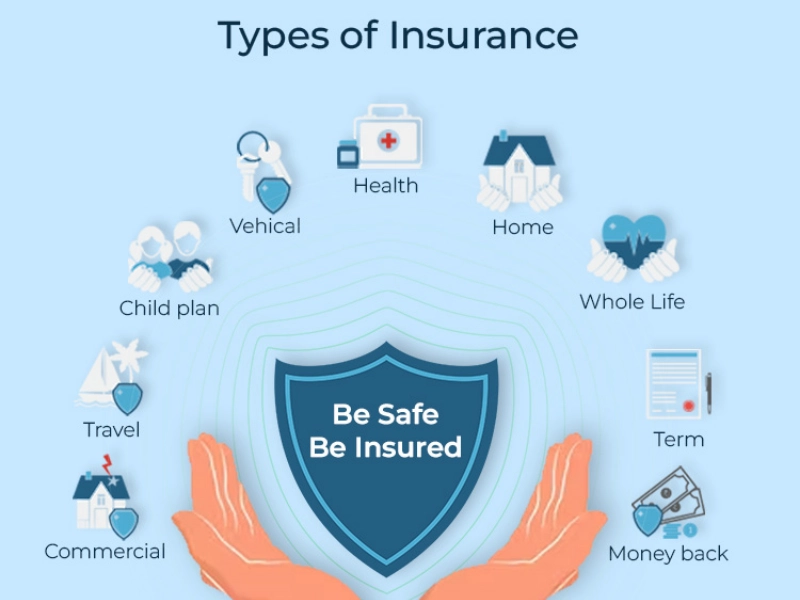
Buying life insurance for kids is a significant financial choice. Selecting the appropriate coverage and ensuring that it comes from a reliable provider are crucial. A life insurance expert can assist you in determining the best cost-effective coverage for your family and in assessing your needs.
Cash value, a savings component of whole life plans, builds up at a modest rate of return. This can be used as an extra revenue stream, but use caution as there might be tax ramifications.
Having children's life insurance gives you the assurance that, in the unfortunate event of something unimaginable, you will have enough money for burial expenses and time off work. It can also assist with paying for farewell expenses, keeping you out of debt, and avoiding the need to raise money on websites like GoFundMe. It does not, however, replace other financial instruments that offer higher yields. For instance, a 529 plan would be a better option if your main objective is to save for college.
Recommended Reading: Insurance Budgeting: How to Handle Your Premiums







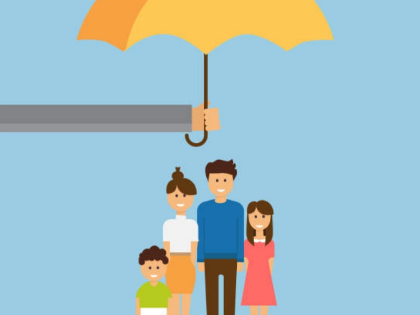
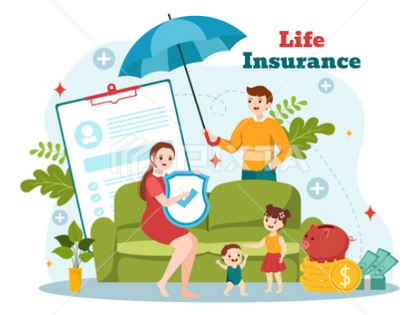
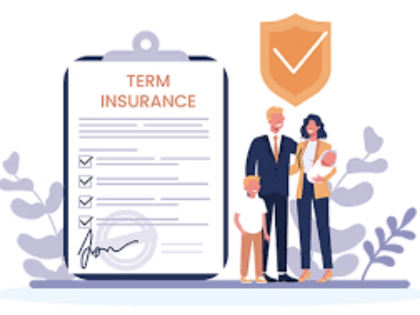

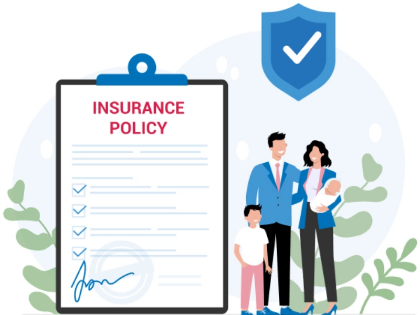






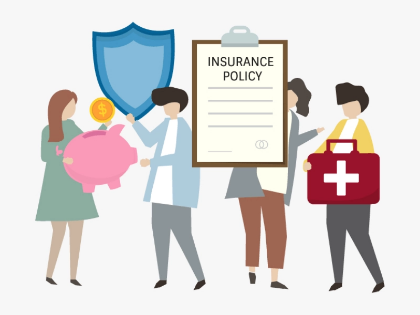





Quietly de-bloats narrative.
Could this invert somewhere?